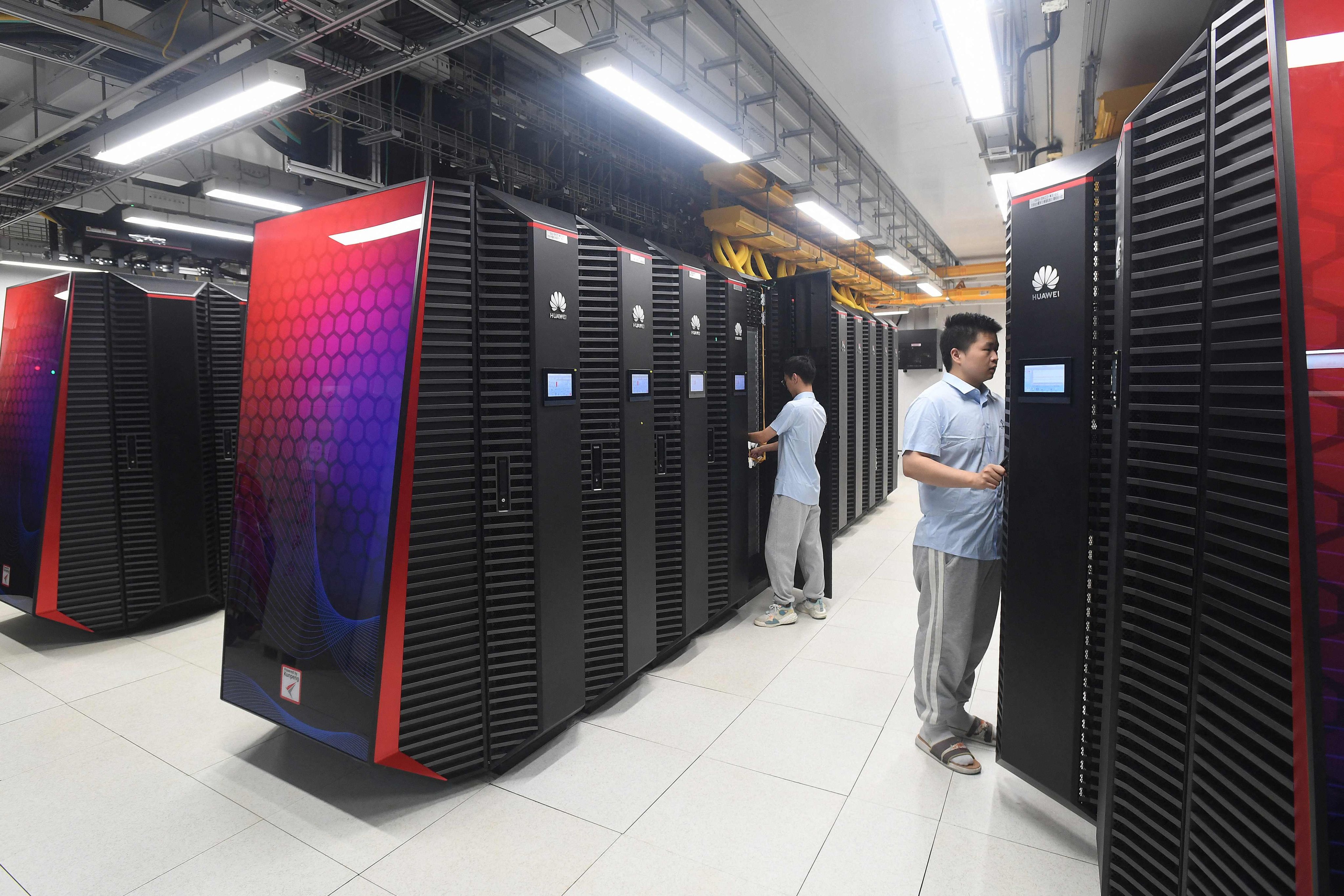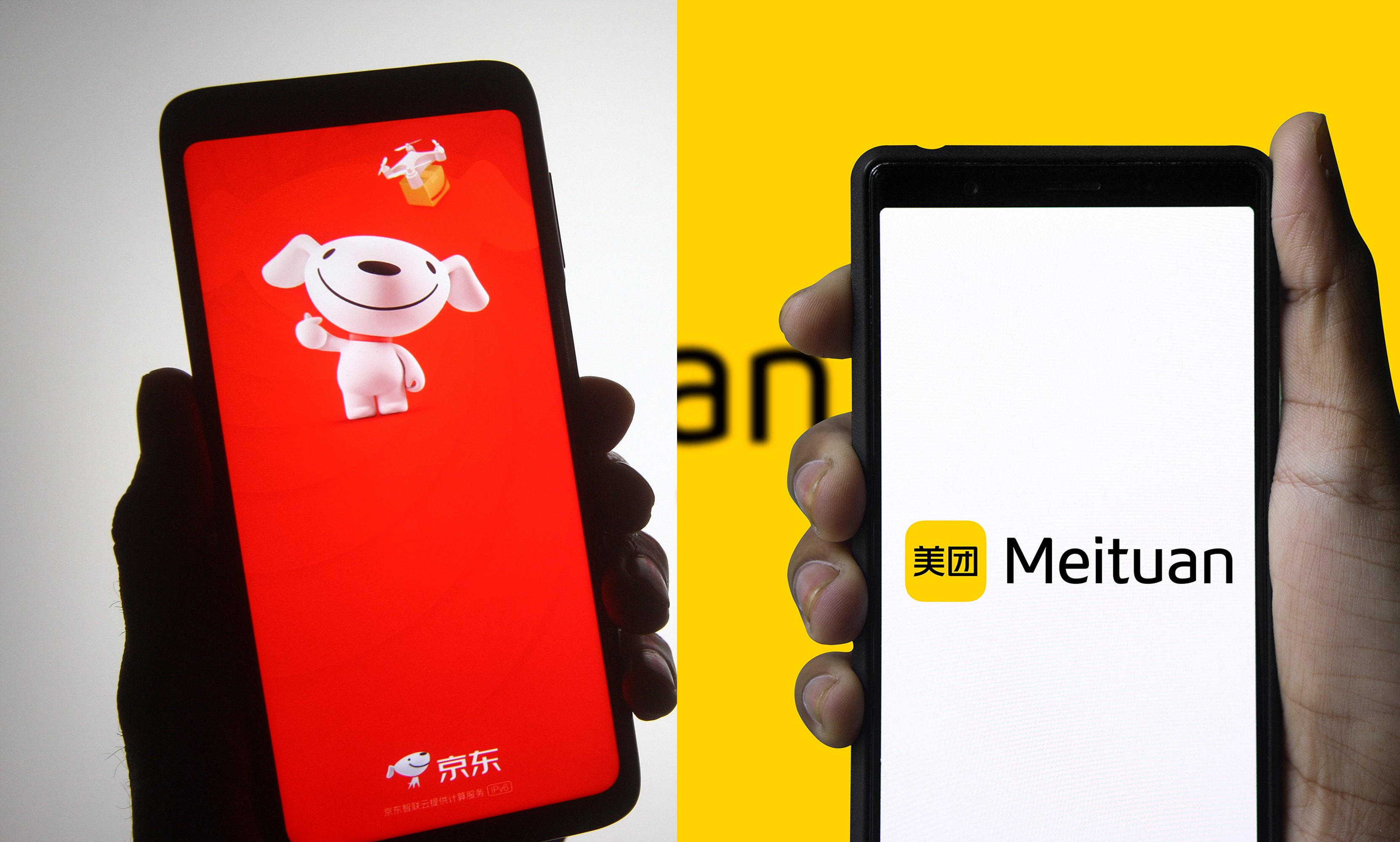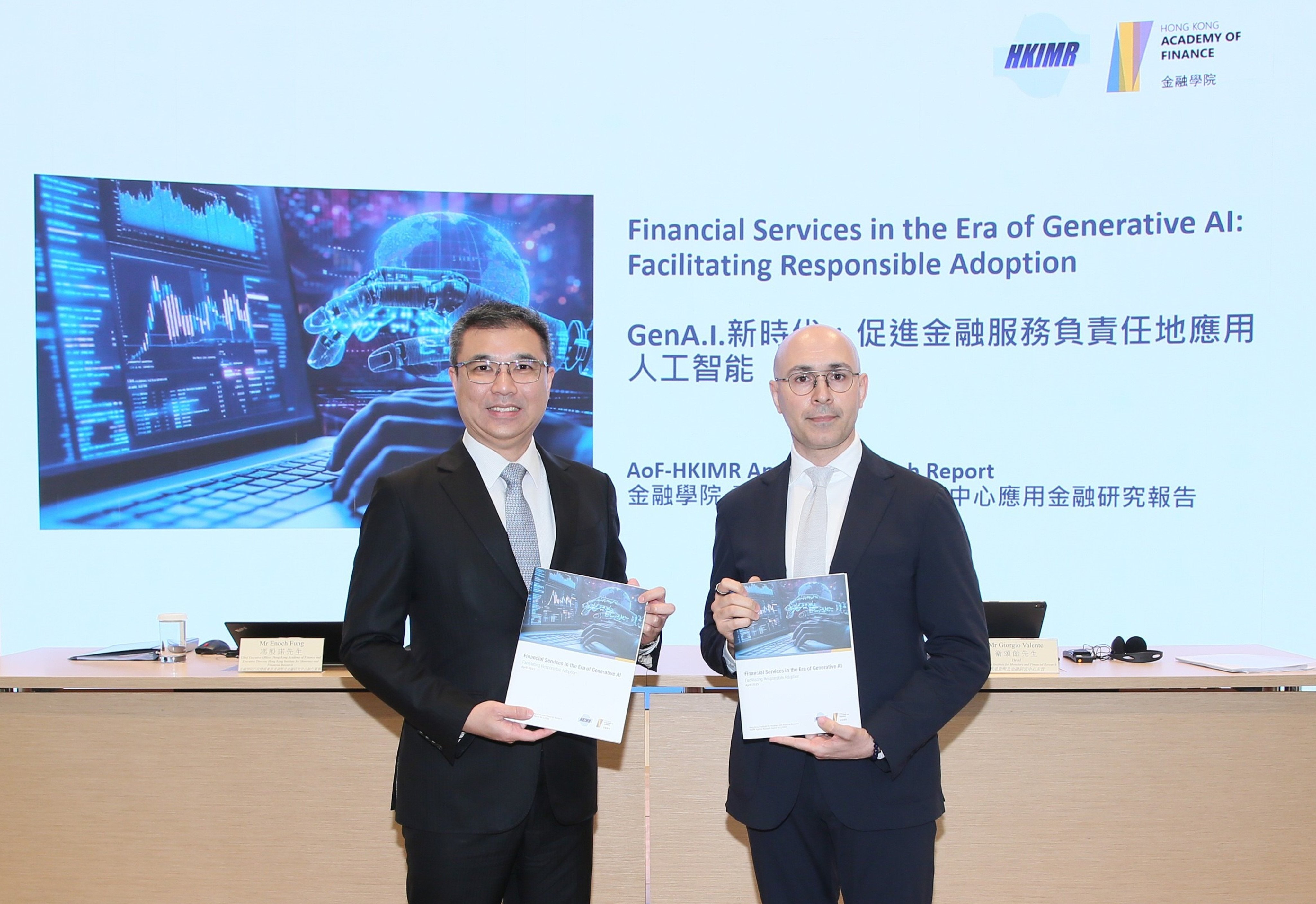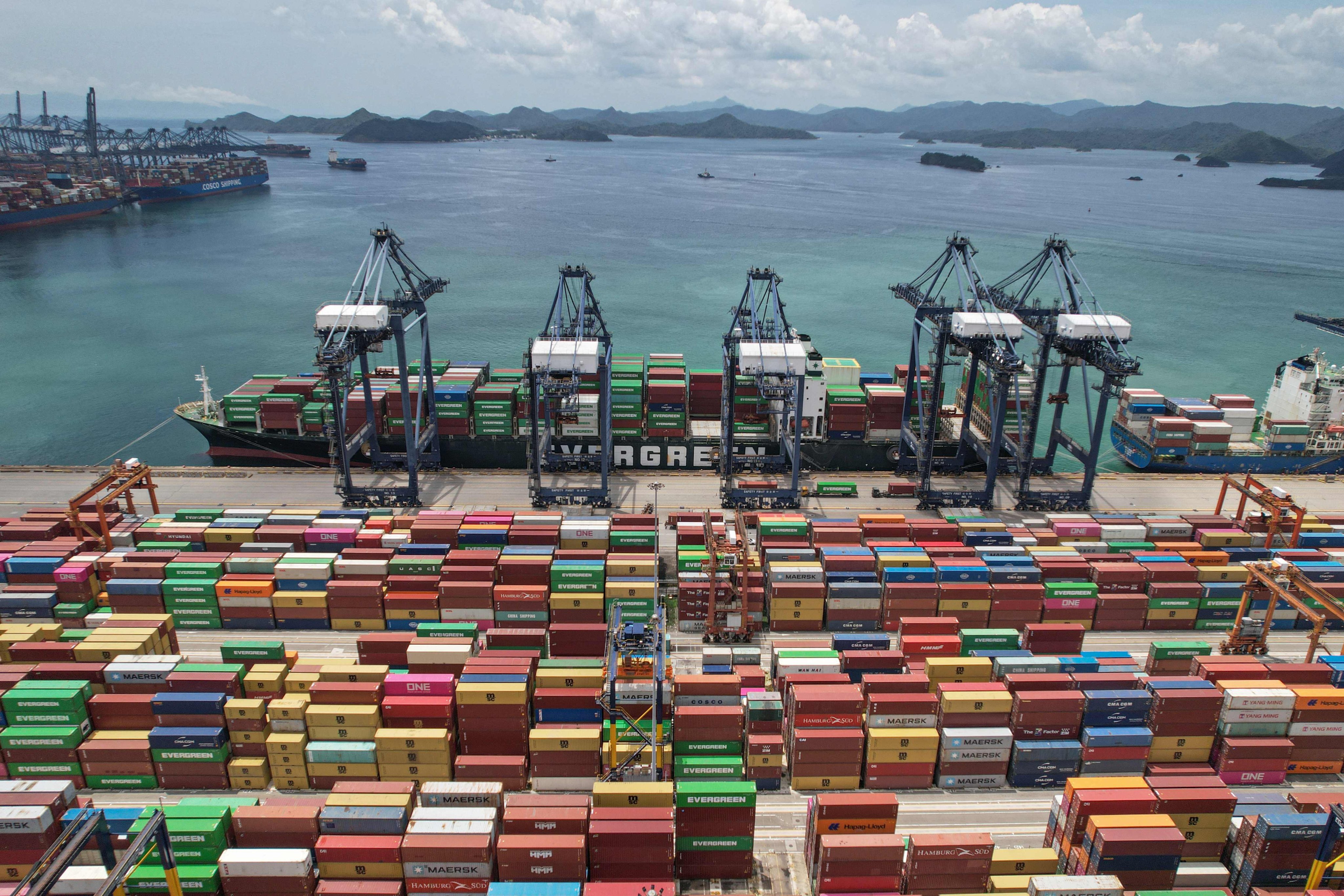Advertisement
Advertisement
TOPIC
Digital Transformation
Digital Transformation
The Digital Transformation Series will examine the many factors driving businesses to seek digital solutions for their organisations — from consumer behavior, shifting market conditions, evolving economies, regulatory laws and increased competition — to the technologies that will lead the digital charge in the coming decades, including 5G, cybersecurity, artificial intelligence, cloud computing and automation. The series will dive deep into exploring the future of digital transformation in business and the crucial steps that leading executives must learn in guiding the future development and implementation of these technologies.
Help preserve 120 years of quality journalism.
SUPPORT NOWAdvertisement
Advertisement
Advertisement
Advertisement
Advertisement
Advertisement
Advertisement
Advertisement
Advertisement
Advertisement
Advertisement
Advertisement











